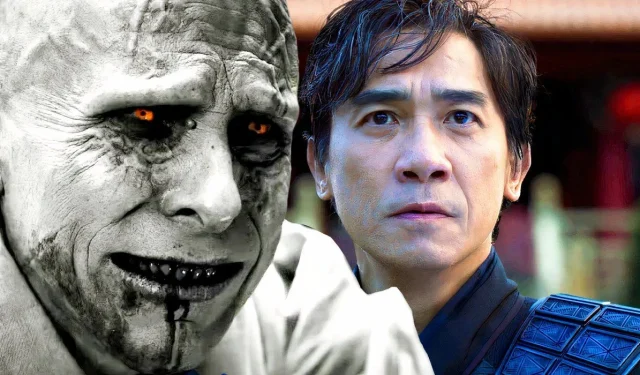
Fifty-five years ago, the iconic Stan Lee established a foundational principle regarding villains in the Marvel Universe. This guiding philosophy continues to influence character development in the MCU today. Marvel Studios has garnered immense praise not only for delivering comic-accurate portrayals of beloved characters but also for crafting a diverse gallery of memorable villains. Such success can be attributed to Lee’s vision that villains, as well as heroes, should reflect human complexity, embodying a blend of good and bad traits.
Stan Lee’s illuminating perspective asserts that villainy is never purely “evil,” and similarly, heroism is never entirely “good.” By insisting that every villain should possess redeeming qualities, he encouraged writers to create characters that evoke genuine empathy and understanding. This depth allows audiences to connect with even the most notorious villains, offering insights into their motivations and justifications.
10
The Vulture Is Doing What He Can To Provide For His Family
Adrian Toomes Feels Short-Changed By Tony Stark
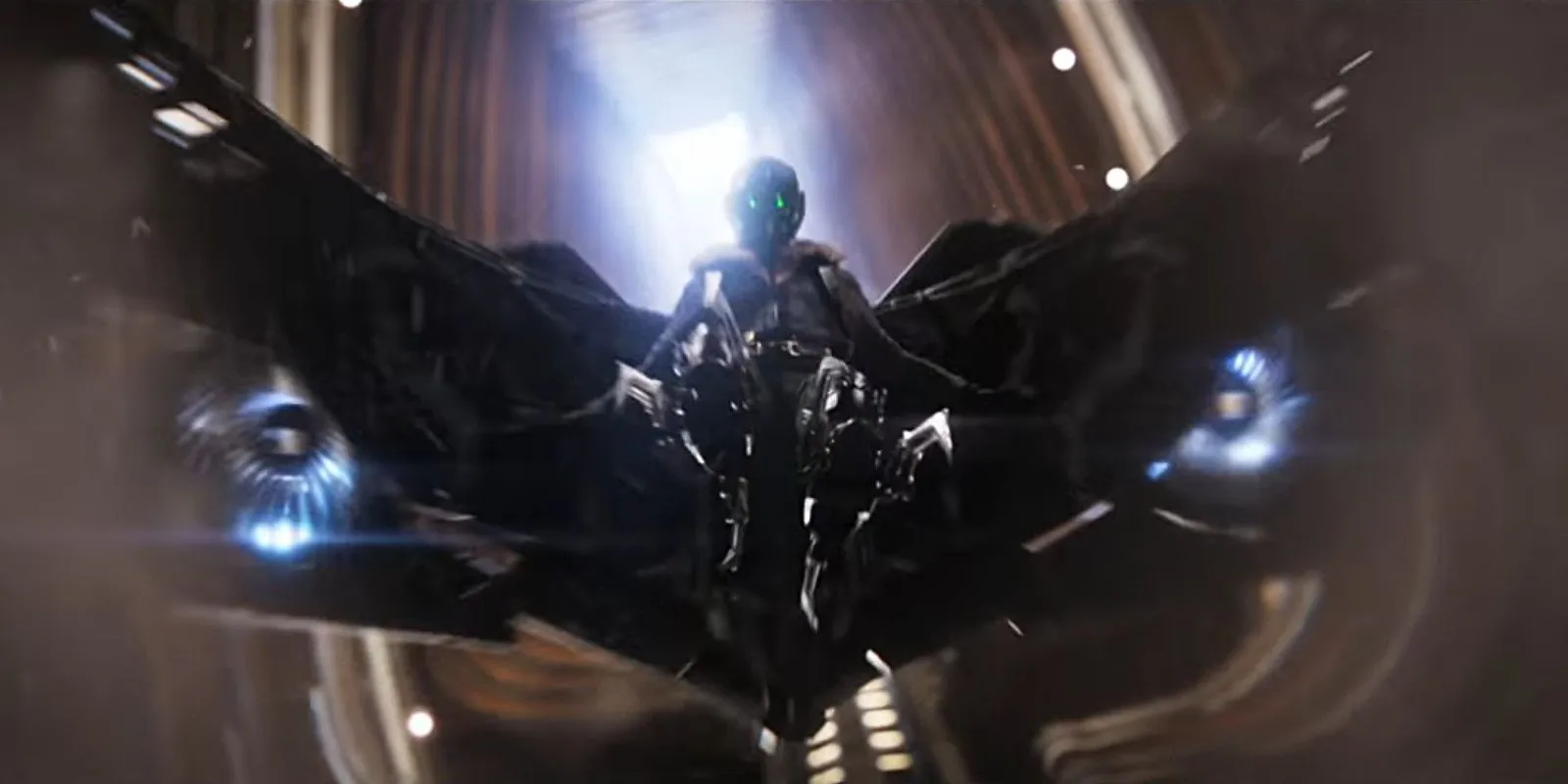
In the 2017 film Spider-Man: Homecoming, audiences are introduced to Adrian Toomes, who runs Bestman Salvage. After losing his business due to the intervention of the Department of Damage Control, which Tony Stark is part of, Toomes resorts to illegal arms dealing. His character evolves into the Vulture, showcasing the desperation of a man pushed to the fringes of the law to provide for his family.
Toomes presents a compelling argument for his actions, highlighting the disparity between his struggling life and the elite, represented by Stark. He expresses a passionate sentiment that those at the top of society often “do whatever they want,”while he fights to survive. His resourcefulness and dedication to family echo as relatable traits, making it hard for viewers to outright condemn him.
9
Thanos Wants To Save Half Of The Universe (By Killing The Other Half)
Thanos’ Motives Are Noble Even If The Means Are Awful
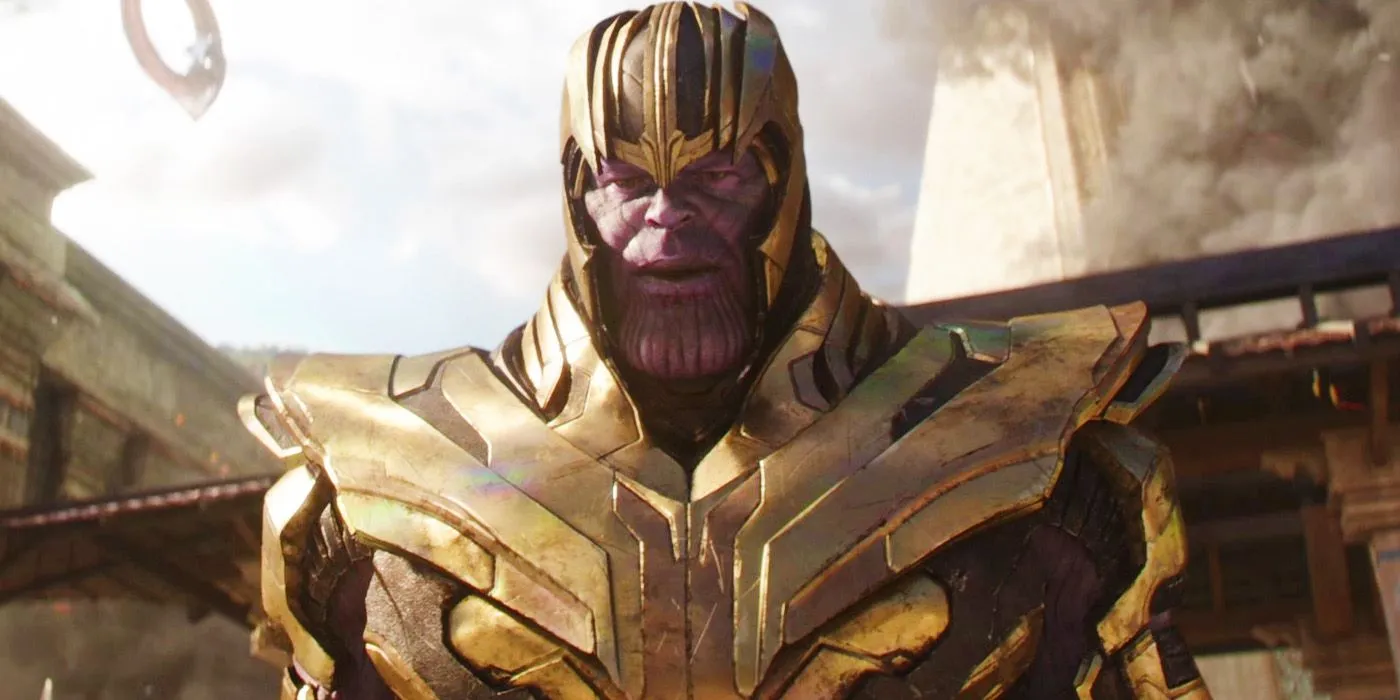
Portrayed as the primary antagonist in the Infinity Saga, Thanos emerges through a series of post-credits scenes before becoming a central figure in Avengers: Infinity War. His grim objective is to halve the universe’s population with a mere snap of his fingers, driven by a convoluted vision to address overpopulation.
Unlike his comic counterpart, who sought to win the affection of Lady Death, Thanos in the films operates under the delusion that he is acting in the best interest of all civilizations. His recollections of a decimated homeworld fuel his resolve, painting him as a villain whose intentions, while fundamentally flawed, are steeped in a sense of duty and perceived altruism, positioning him as one of the most sympathetic villains in the MCU.
8
Killmonger Seeks Justice Through The Power Of Vibranium
Killmonger Wishes To Continue His Father’s Noble Legacy
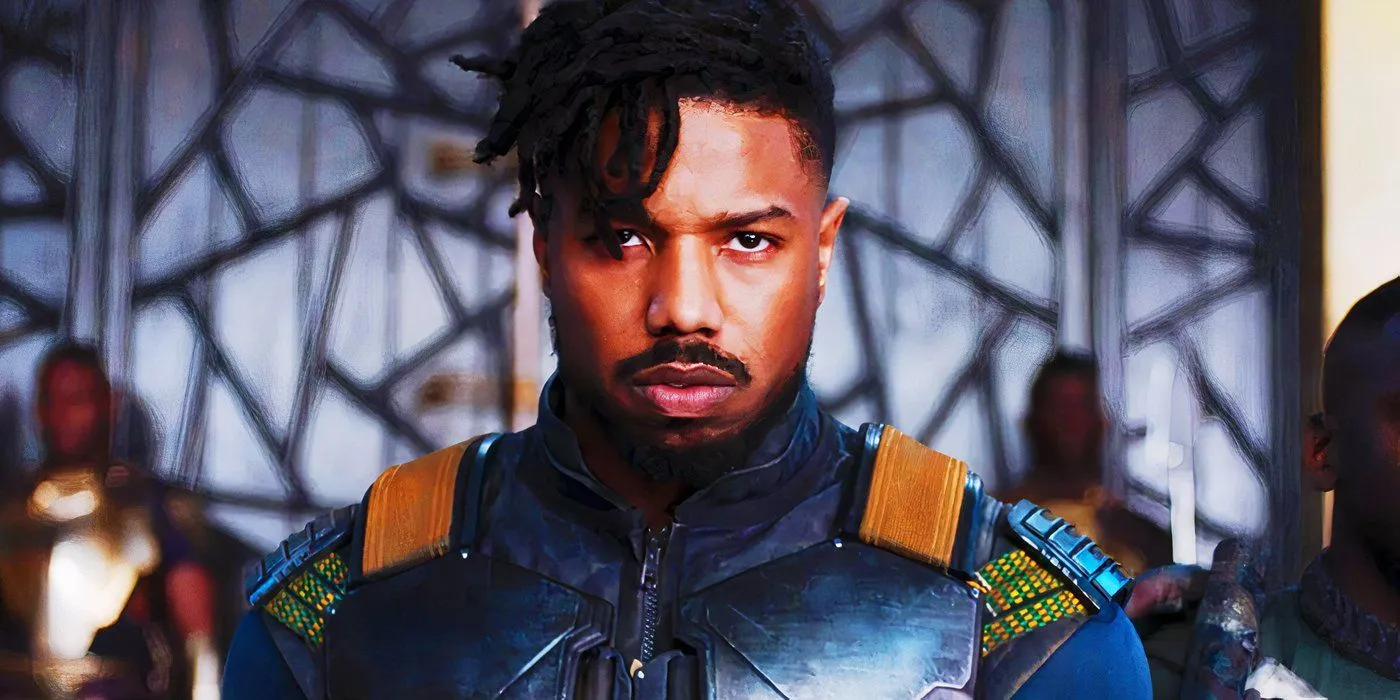
Introduced in Black Panther as King T’Challa’s cousin, Erik Killmonger grows up steeped in resentment after his father’s death at the hands of King T’Chaka. As he seeks vengeance and the return of vibranium to uplift marginalized communities, Killmonger attempts to fulfill his father’s dreams.
His ultimate ambition to commandeer the throne of Wakanda highlights a fervent desire for justice that resonates strongly with many viewers. Even though he ultimately meets defeat, his ideals fuel progress within Wakanda, as King T’Challa later embraces the outreach initiatives to honor his cousin’s vision.
7
Thaddeus “Thunderbolt”Ross Wants To Protect His Country And His Daughter
He Unfortunately Continues To Make Mistakes
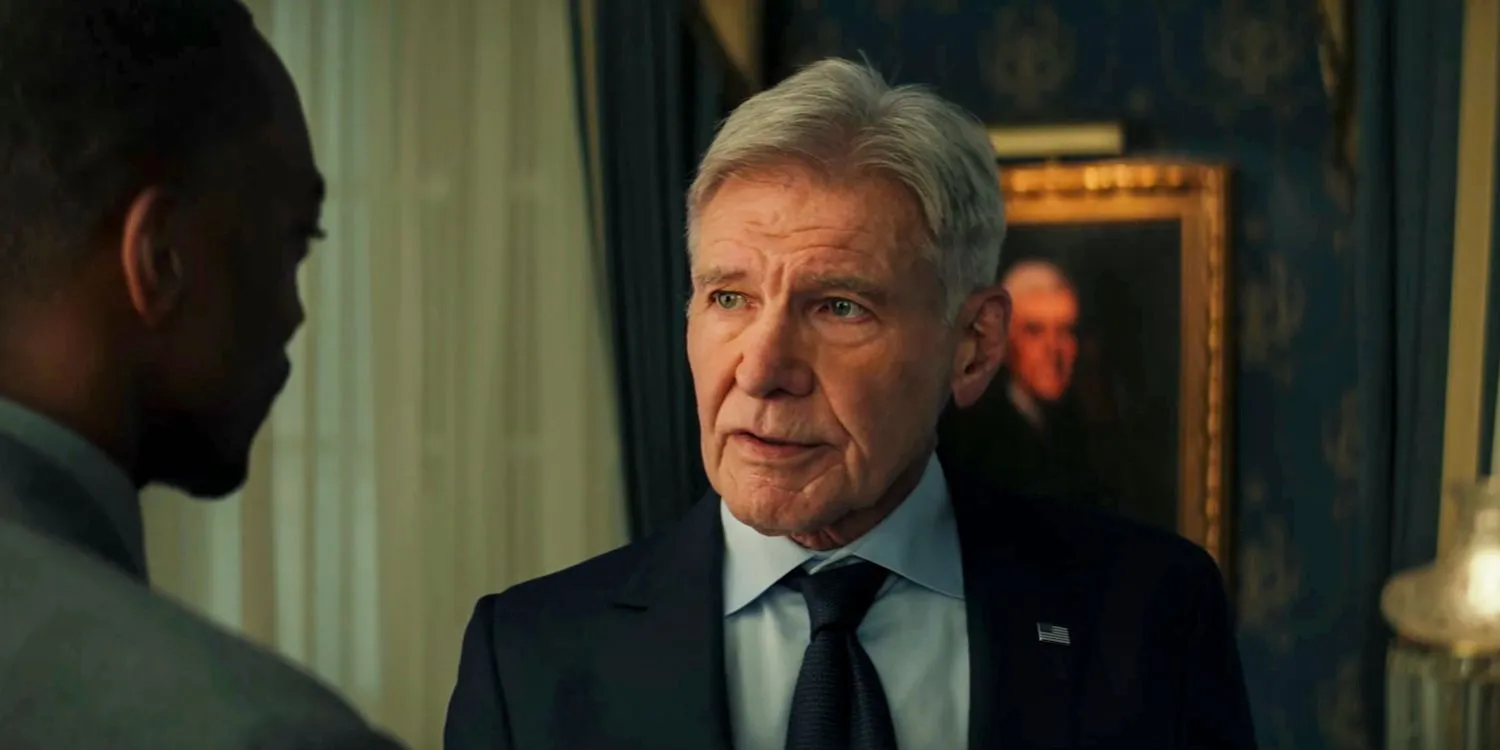
General Thaddeus “Thunderbolt”Ross plays a pivotal role in the creation of the Hulk before becoming his principal antagonist. Despite his antagonistic relationship with many heroes, he operates from a place of patriotism and a genuine desire to protect the United States, even if that drives him to questionable decisions.
As he evolves into the Red Hulk and serves as President, Ross continues to prioritize national security, reflecting a complex character who embodies both commendable loyalty to his country and a lack of foresight regarding the consequences of his actions.
6
Loki Is Full Of Redeeming Qualities
Loki Received The MCU’s Best Redemption Arc
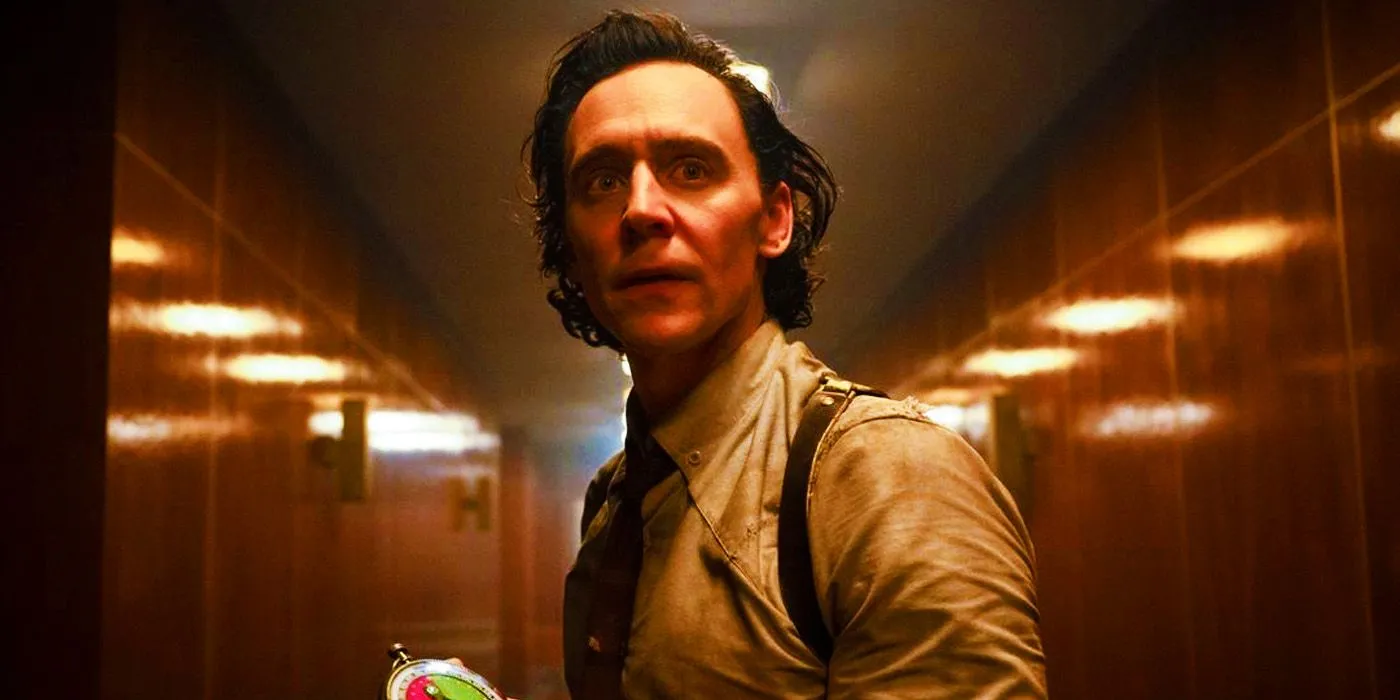
Loki stands out as one of the MCU’s most multidimensional characters, constantly wrestling with his identity and desires. His growth throughout the series adeptly showcases his complexity as a villain driven by a longing for love and acceptance—traits that resonate profoundly with audiences.
Despite his manipulative and power-hungry tendencies, Loki’s charm, humor, and surprising moments of vulnerability contribute to his rich character arc. His redemption is skillfully portrayed and arguably represents one of the best developments in the franchise.
5
Namor’s War With Wakanda Is Sparked By His Sense Of Duty
Namor Is Fiercely Protective Of His Oceanic Nation
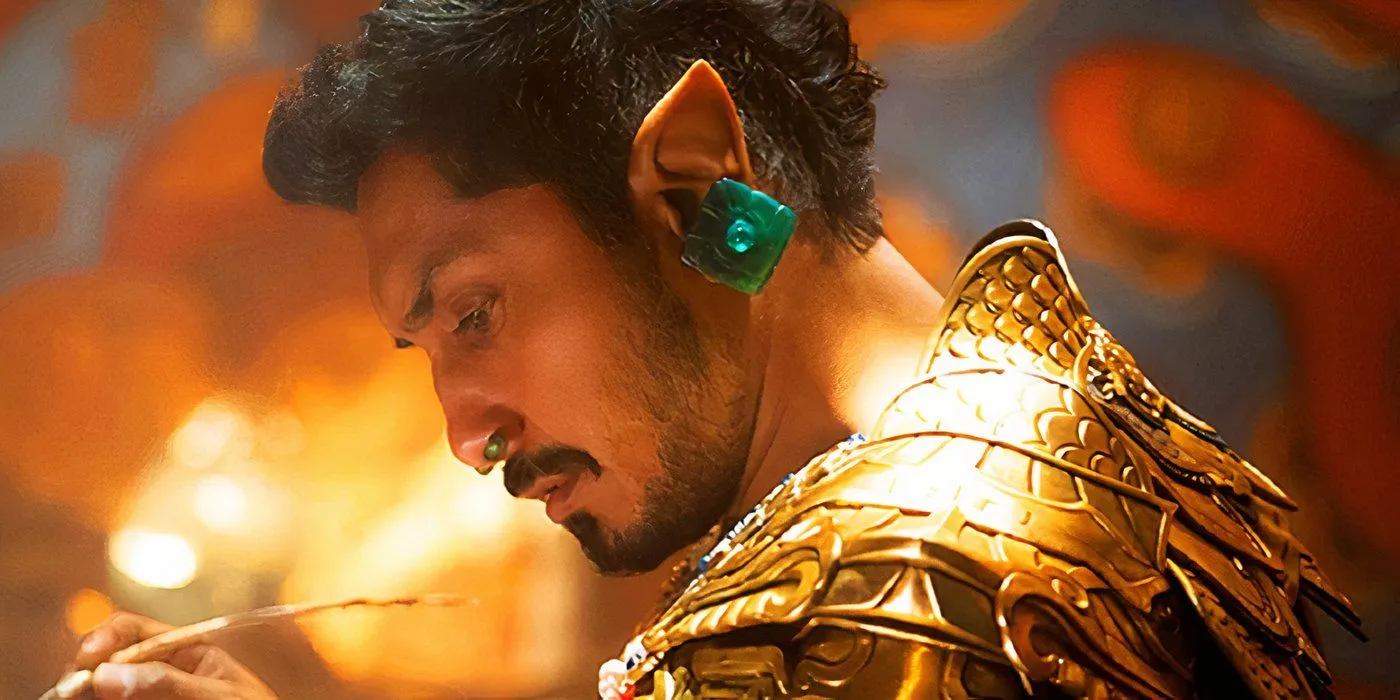
In Black Panther: Wakanda Forever, Namor emerges as a formidable opponent to Wakanda, leading his people into conflict over vibranium. While his aggressive approach can be critiqued, his initial intentions revolve around protecting his hidden society and its valuable resources.
Namor’s complicated nature as an antihero is illustrated through his fervent desire for justice and protection. His willingness to engage in violence stems from a commitment to safeguarding his nation, balancing grievances against a broader narrative of duty and loyalty.
4
Baron Zemo Thirsts For Revenge, But Not Power
He Tries To End It All After Achieving His Goals
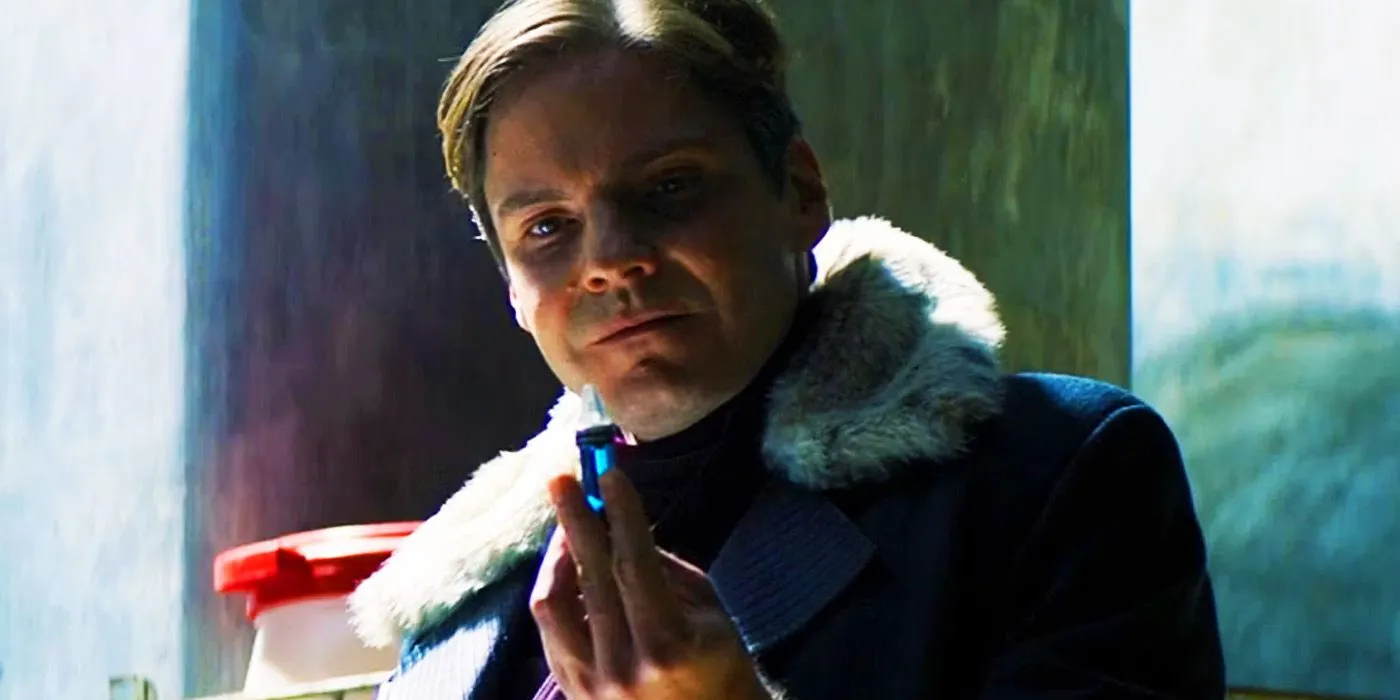
Baron Zemo, depicted in Captain America: Civil War and further explored in The Falcon and the Winter Soldier, carries a heavy burden, having lost everything due to the Avengers. Driven by grief and the desire for vengeance, he skillfully orchestrates a scheme to incite conflict among the heroes.
His redemptive arc culminates in a deeply poignant moment when he considers ending his own life, suggesting that his quest for vengeance was never about power but rather a profound love for his family. This layered perspective invites empathy towards his character, showcasing the impact of personal tragedy.
3
Scarlet Witch Is Simply Grasping To Regain What She Has Lost
Wanda’s MCU Arc Is Incredibly Tragic
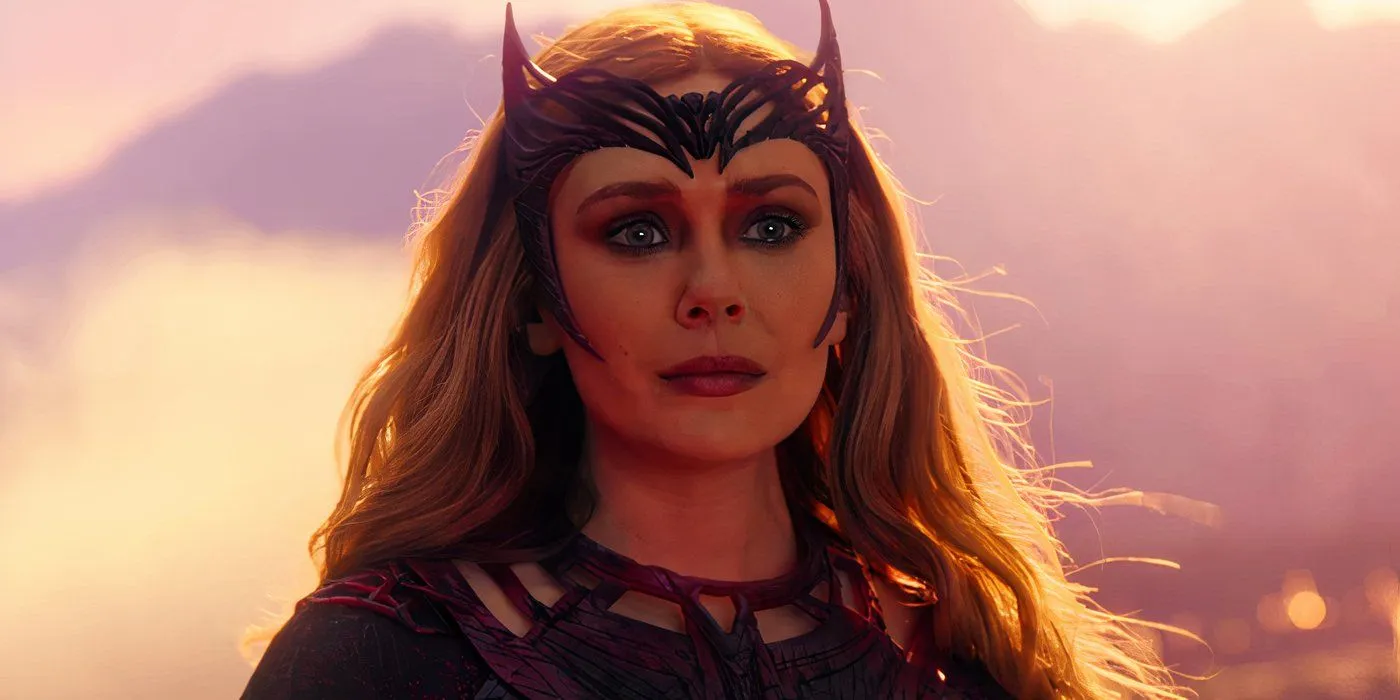
Wanda Maximoff’s narrative throughout the MCU is marked by grief and loss. Initially aligned with Ultron, her journey transpires into one of despair as she attempts to reclaim her lost children in Doctor Strange in the Multiverse of Madness, leading to tragic consequences.
While her villainous actions may be extreme, they stem from an emotional desperation that many can relate to, thus painting her as a tragic figure ultimately consumed by love and loss. Wanda’s arc invites both criticism and sympathy, highlighting the complexities of her choices.
2
XU Wenwu Acts Out Of Love For His Family
His Attempts To Reunite Them Are Misguided But Heartwarming
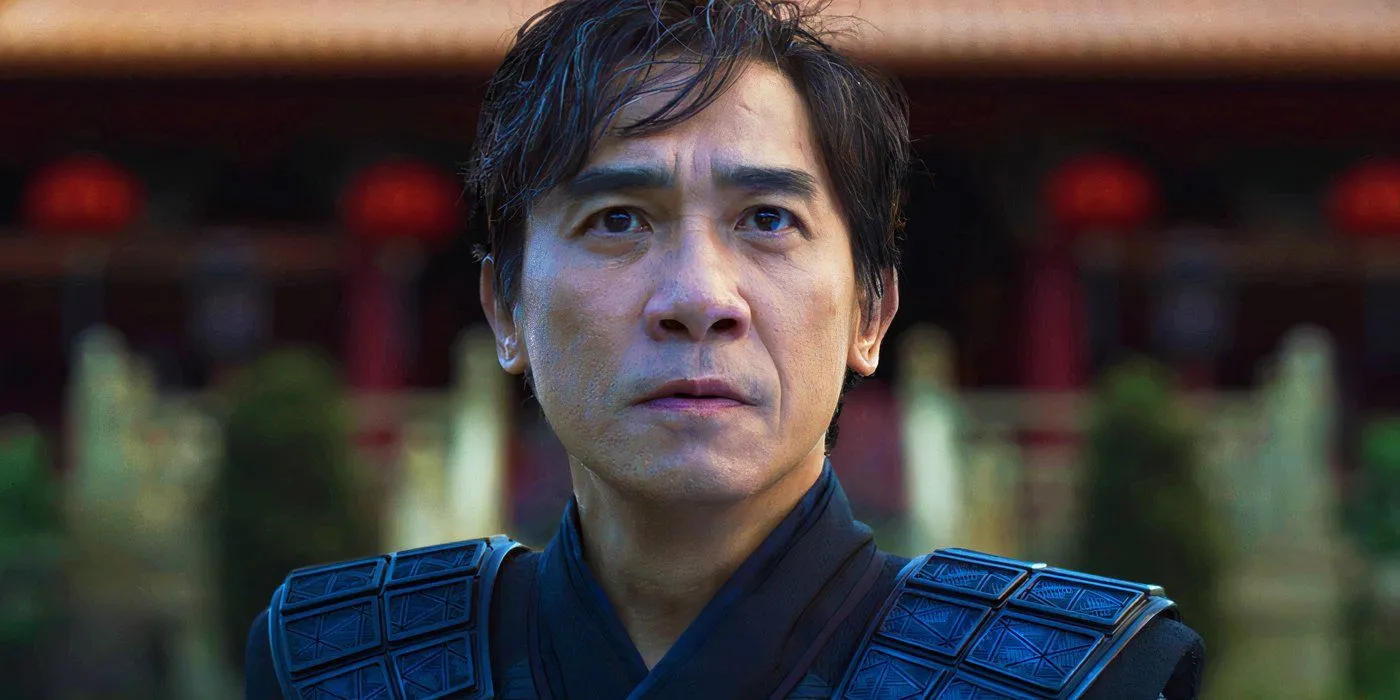
Xu Wenwu, appearing in Shang-Chi and the Legend of the Ten Rings, embodies a tragic figure whose misdirected efforts stem from a profound love for his family. After a lifetime of conflict and violence, his longing to reunite with the spirit of his deceased wife leads to catastrophic choices.
Despite his violent methods, Wenwu’s internal struggle for familial connection and his ultimate sacrifice to save Shang-Chi portray him in a more relatable light, offering a compelling narrative about misguided love.
1
Gorr the God Butcher Is Rightfully Vengeful Toward The Universe’s Most Powerful Beings
Gorr’s Worst Actions Are Intended As Retribution

Gorr the God Butcher, introduced in Thor: Love and Thunder, showcases a deeply relatable form of vengeance toward the gods after losing his daughter to negligence. His actions, driven by grief, become a quest for retribution against those he feels have forsaken him and others like him.
As Gorr embarks on a path marked by violence and rage, his motives resonate powerfully with the audience, revealing an empathetic foundation beneath his fury. His character starkly exemplifies how personal loss can warp one’s worldview, making him one of the MCU’s most poignant villains.




Leave a Reply